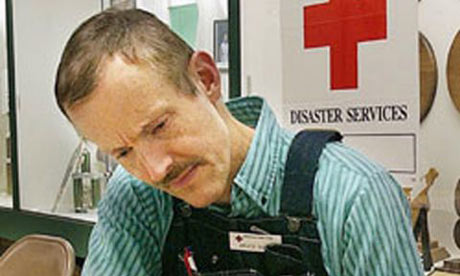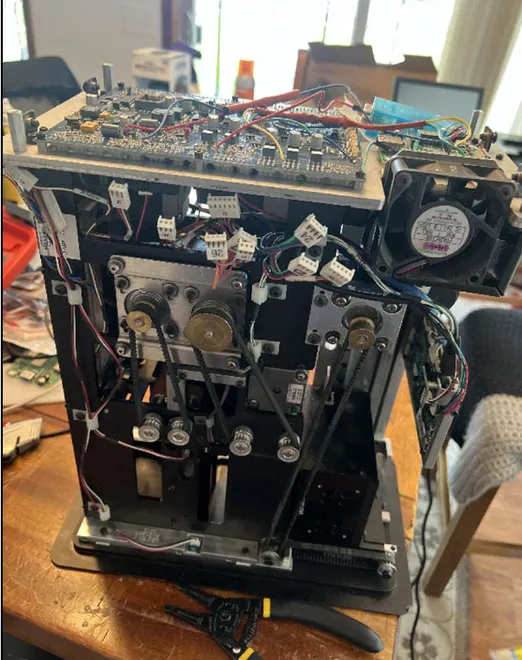
WASHINGTON — Just weeks before government scientist Bruce Ivins’ suicide, a grand jury was convening on the third floor of the federal courthouse, near the U.S. Capitol, looking into the 2001 anthrax murders. Things weren’t looking good for Ivins, the only suspect in the case.
It was July 2008. His attorney, Paul F. Kemp, according to court documents reviewed by AOL News, had just filed court papers to become a death-penalty-certified attorney in the case — a little-known fact. And the chief U.S. District judge in Washington, Royce C. Lamberth, had approved the request.
“I thought this was a precaution to take. My job is to anticipate anything,” Kemp said.
Paul F. Kemp, an attorney for Dr. Bruce E. Ivins, linked to the deadly anthrax mailings of 2001, said he doesn’t think the case should be closed
He said he had told Ivins the investigation could turn into a death-penalty case. “At some point in the near future I felt the government was probably going to the grand jury and would issue an indictment.”
What Kemp — and the government as well — didn’t anticipate was the unthinkable. On July 27, Ivins, 62, loaded up on Tylenol with codeine in a suicide bid. Two days later, he died.
“I was disturbed over it,” Kemp said in an interview this week . “I never had a client commit suicide. It’s a terrible experience. I’m much more distraught for his family.”
To read more click here





